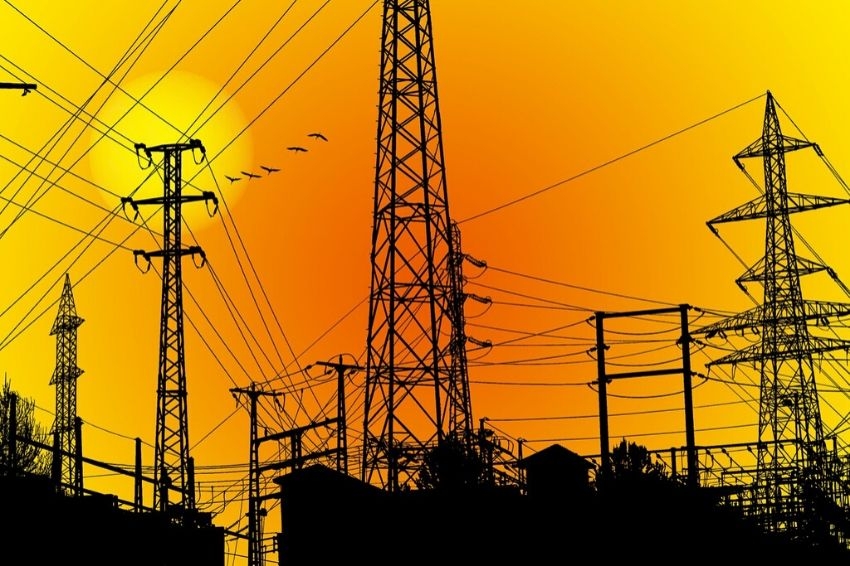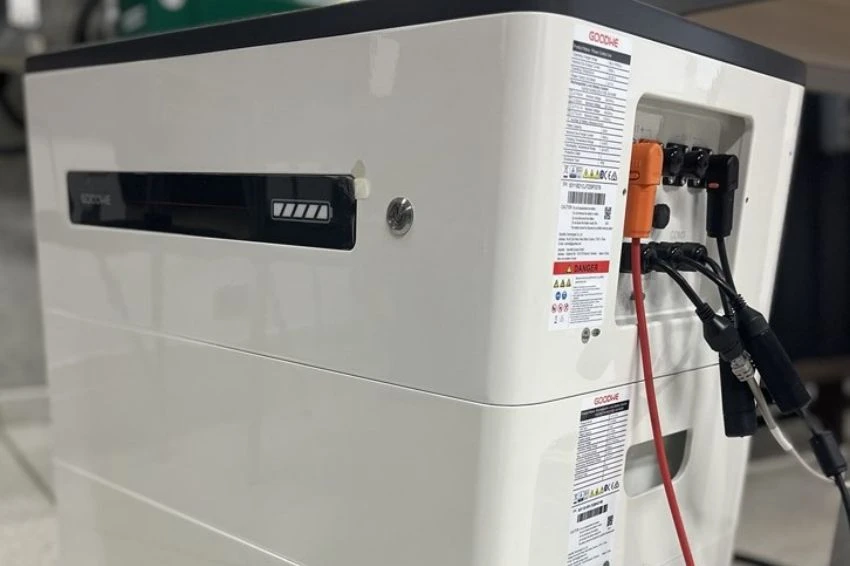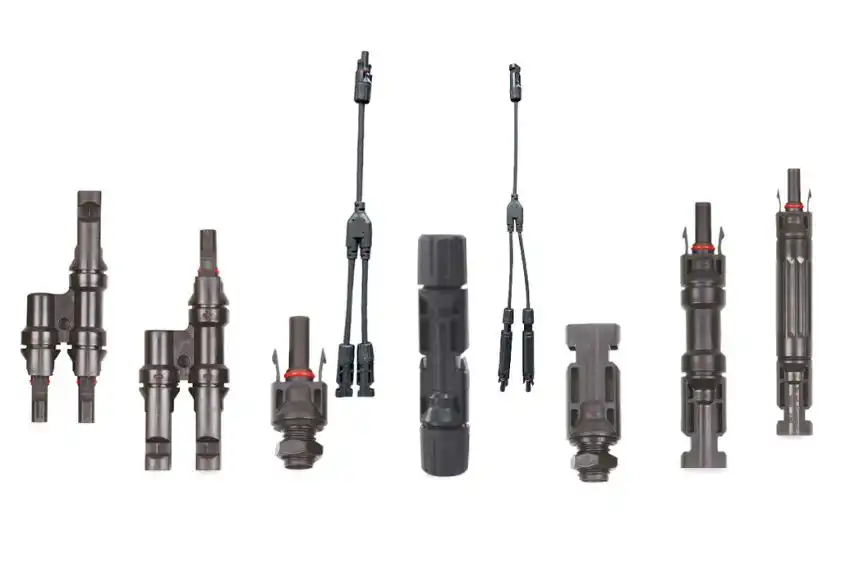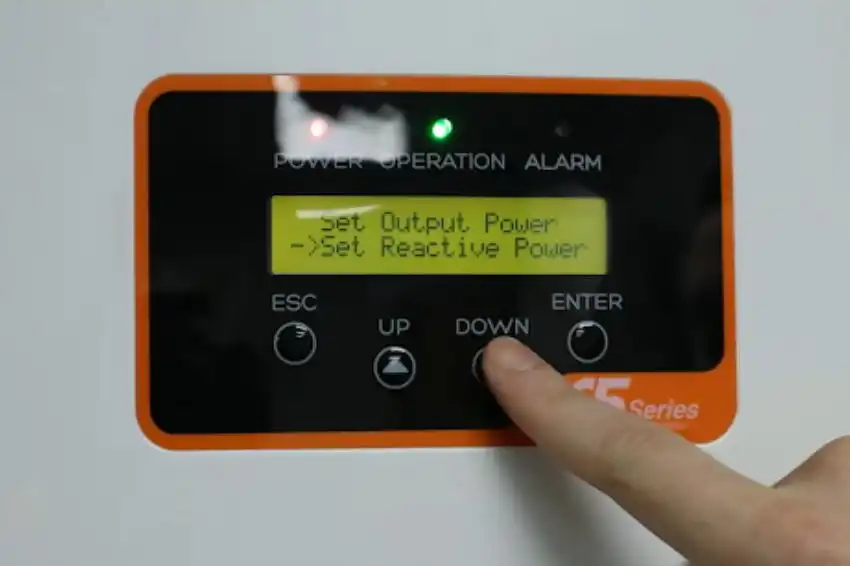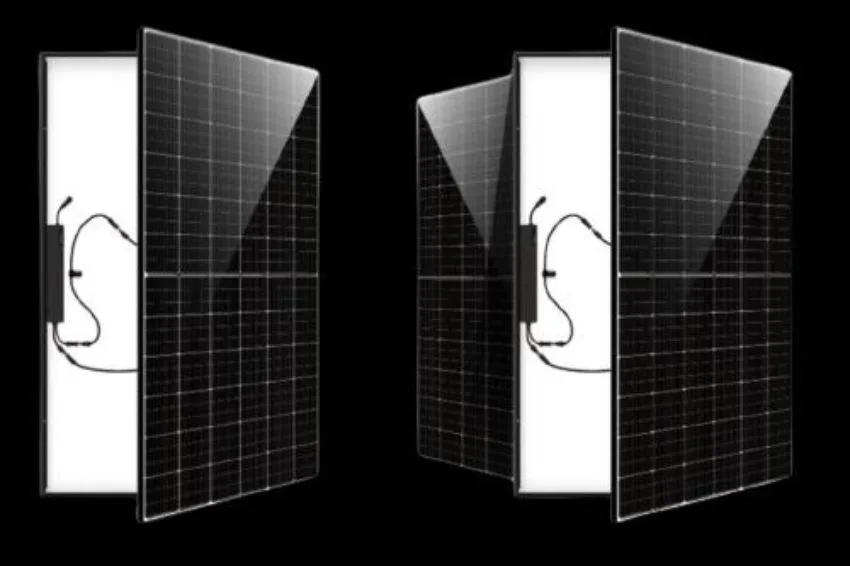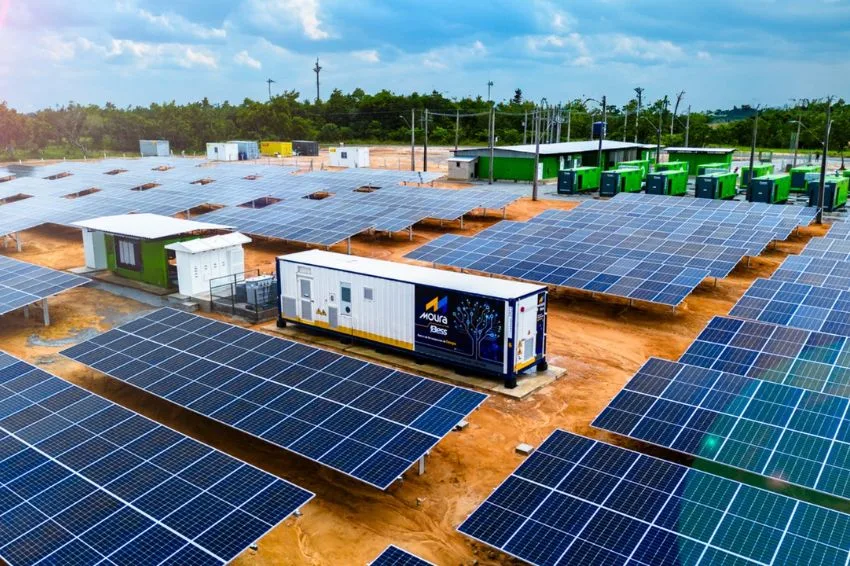The STF (Supreme Federal Court) decided, with general repercussion (RE 593824 – Rapporteur Ricardo Lewandowski), that The demand for electrical power alone is not subject to taxation by ICMS (Tax on Circulation of Goods and Services) and that the state tax falls on actual consumption.
The STF established the following thesis: “The demand for electrical power is not subject, in itself, to taxation via ICMS, as only the values relating to those operations in which there is actual consumption of electrical energy by the consumer are included in the calculation basis of this tax.”
This is the following: companies that need a lot of energy usually contract directly with electricity concessionaires for a fixed power reserve called contracted demand.
Contracted demand is nothing more than a quantity of energy made available by the concessionaire to the contractor (company).
The company pays a price agreed in advance and payment is made regardless of the actual use of the energy made available.
That is to say, the mere availability of electrical energy, even if it is not actually used, creates the company's duty to pay the concessionaire.
With the advent of Federal Constitution of 1988, electrical energy is now considered a commodity for ICMS taxation purposes.
The “circulation of goods” was chosen as the triggering event, with “circulation” being understood as the passage of goods from one person to another, presupposing the transfer of possession or property.
Therefore, what causes the incidence of ICMS on electrical energy is the circulation of merchandise that corresponds to the effective transfer of “electrical energy” to the consumer.
In view of this, some large energy consumer companies have filed lawsuits alleging that it is not possible to consider the simple making of electrical energy available to the consumer as a taxable event for ICMS, because as long as there is no effective circulation there is no transfer of possession or property, nor the tax-generating event.
In the case of electrical energy, the circulation that transmits possession or property is only consolidated at the moment the energy leaves the transmission line and enters the consumer's establishment.
Therefore, as long as the energy remains in the concessionaire's transmission lines, there is no way to consider the triggering event to have occurred, especially because the energy flows freely through the transmission lines without a specific recipient, and if it is not used it may even be sold to other consumers.
If the ICMS calculation basis is the value of the operation resulting in the delivery of the product to the consumer, and this delivery occurs when the electrical energy leaves the transmission line and enters the consumer's establishment, there is no doubt that this value corresponds to the electrical energy actually consumed.
The Superior Court of Justice had already assessed the issue and decided in favor of taxpayers and ended up editing Precedent 391 with the following content: “ICMS is levied on the value of the electricity tariff corresponding to the demand for power actually used”.
The STF also delivered another judgment extremely favorable to taxpayers, as it decided in a special appeal representing the controversy submitted to the system of 543-C of the old CPC, that companies that unduly paid ICMS on unused energy, that is, the user of the energy service, have the right to request a refund of state tax (Special Appeal 1.299.303/SC).

